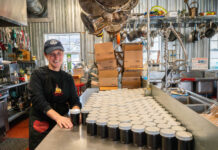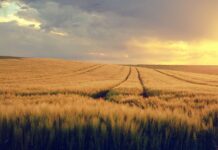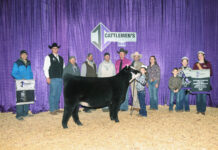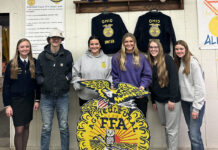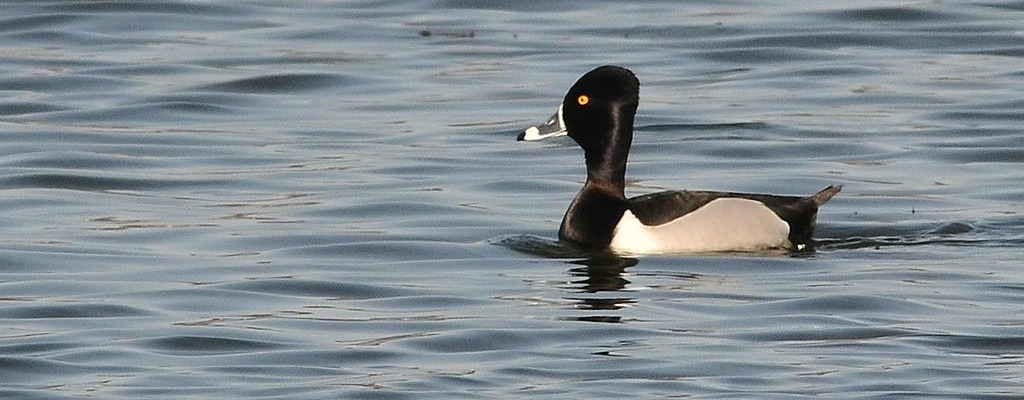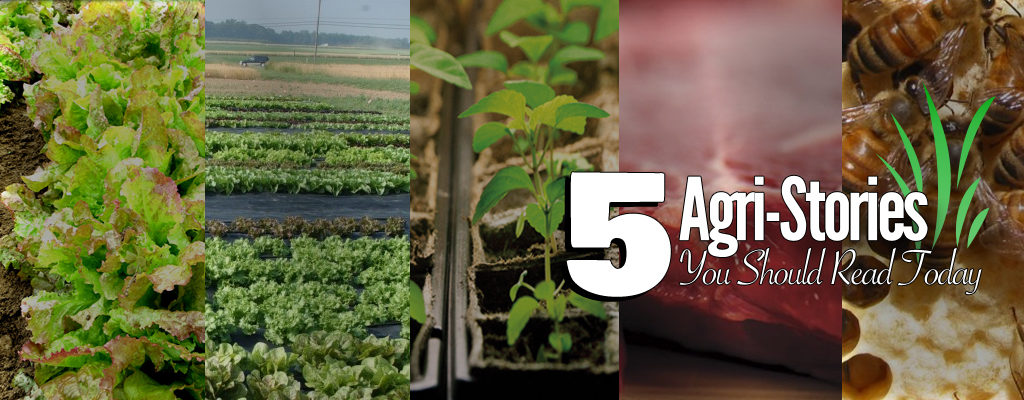Search Results for "collards"
News Results 26 of 342 pages
Ice cutting a tradition for Amish
HOWARD, Ohio — They say it’s an ill wind that doesn’t blow somebody some good. This cold January has certainly helped the fuel dealers, and it has put a thick layer of ice on farm ponds.
Don’t complain with your mouth full
The last time the hefty price of wheat was a dinner conversation topic the then-secretary of agriculture, Earl Butz, hit the road to deflect consumer anger from farmers. His only weapon was a loaf of stale bread. “Farmers don’t set the price of food,” Old Fencerow to Fencerow would proclaim as he unwrapped the bread
Spring is just ducky: Learn to ID waterfowl
Learn how to find and identify common waterfowl you can expect to find on local waterways.
In wake of tragedy: Commodity markets seen quickly returning to fundamentals
Fundamental supply and demand forces will likely return to drive commodity prices following the Sept. 11 tragedy, a Kansas State University economist said.
Beck shines at Loudonville FFA banquet
Tarah Beck was the top award winner at the Loudonville FFA’s annual banquet.
Five agri-stories you should read today (2-26-2014)
Here’s the agri-stories you should read today, February 26, 2014. Today’s stories include more victims of the California drought, initiatives of the USDA to stem childhood obesity, and honeybee losses.
As spring approaches, get to know the ducks
Some basic pointers on identifying the ducks.
Crypto is buying Congress and understaffed CFTC ‘oversight’
The Commodity Futures Trading Commission, the government watchdog overseeing the world’s largest agricultural and financial futures contracts, is being courted by the cryptocurrency industry
Update: Big news about some pretty big predators
Large predators are difficult to study because they’re relatively uncommon and they roam widely, so I was thrilled when I heard two good news stories about big predators. Lost and found Back in November 2006, Dr. Todd Katzner, Director of Conservation and Field Research at the National Aviary in Pittsburgh, and biologists from the Pennsylvania
Use growth stage, not plant height, when applying herbicide
Herbicide application restrictions exist for several reasons, but the most important is the fact that crop injury is more likely to occur if applications are made outside a specified growth stage or range, according to University of Illinois associate professor of weed science Aaron Hager.
